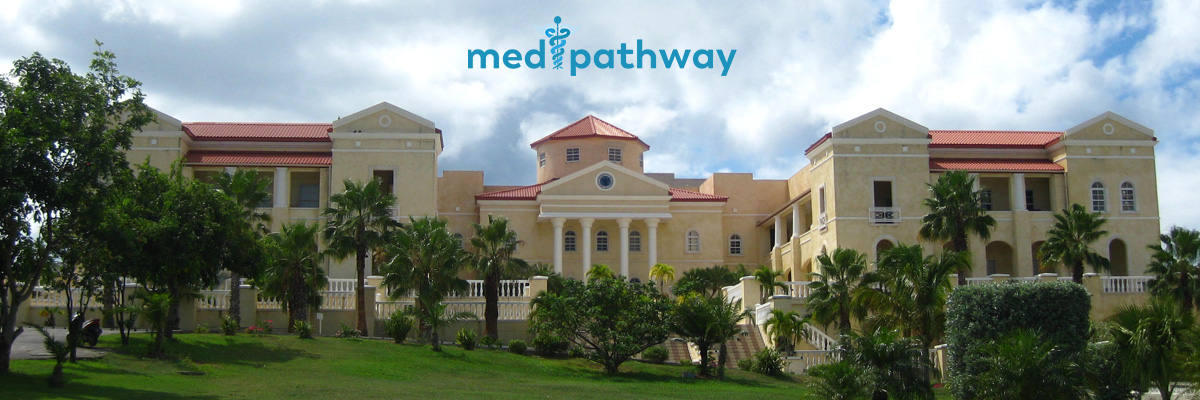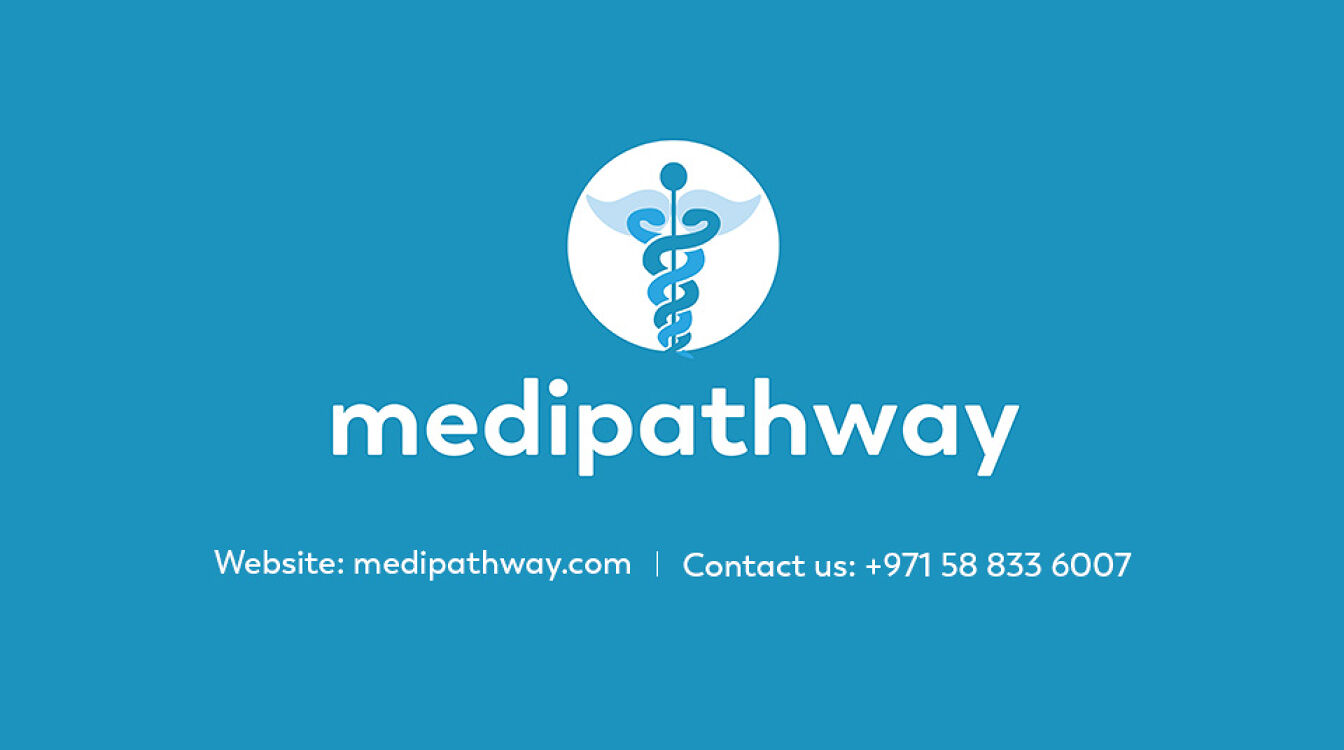What You Should Know About the Caribbean Medical Schools
It might be difficult and even
intimidating to find Caribbean medical
schools where you can acquire your MD. The typical medical student might
not even be aware of all the important aspects until it is too late.
Although the Caribbean is home to
a large number of medical schools, not all of them may be the best fit for you
if you want to pursue a medical degree. In order to discover the school that
will best prepare you for a successful career in medicine in the United States
or Canada, it's vital to take a look beyond the degree itself. When selecting
the ideal Caribbean medical schools,
it's crucial to keep the following in mind:
· . Accreditation
· . Curriculum
& Learning Environment
· . USMLE
Step Pass Rates & Average Score
· . Clinical
Training
· . Residency
Match Rates
· . Admissions
Requirements
· . Tuition
Costs
· . Graduation
Rates
Why Attending a Caribbean Medical School is a Good Decision
Curriculum, clinical experiences,
and residency possibilities offered by Caribbean
medical schools are on par with those of American medical schools. Students
can begin their medical studies and cut down on the time it takes to become a
doctor by starting now rather than waiting through numerous application rounds
to be admitted to U.S. medical schools.
Of fact, not all Caribbean medical schools provide the
same standards of quality or success. The finest Caribbean medical schools can
produce career achievements comparable to those from American medical schools.
Residency match percentages are relatively similar for graduates from the
United States and the Caribbean with comparable board test scores. But potential
students should thoroughly assess the Caribbean institutions they are thinking
about.
What are Caribbean Medical Schools and Why?
Caribbean medical schools are
well-known for allowing American students to pursue their studies in medicine
abroad. After graduating from a Caribbean medical school, the majority of
students intend to do their residency in the United States. It's no secret that
Caribbean medical schools are popular due to their lenient admissions
standards. The "top" medical school in the Caribbean has an entering
class with an average undergraduate GPA of around 3.3 or 3.4. Additionally, it
is typical for Caribbean medical schools to accept candidates with GPAs around
3. The "lowest" US medical school's entering cohort has an average undergraduate
GPA of about 3.5, in contrast.
What criteria do Caribbean medical schools use for admission?
A Caribbean medical school's
application procedure is comparable to that of an American medical school.
Although each school has its own criteria, the following are typical ones:
· . Degree In Science From A Reputable College Or
University
· . Qualifying undergraduate GPA
· . Qualifying MCAT score
· . Letters of Recommendation
· . Resume/Cover Letter
· . Transcripts
The MCAT score and GPA, which are the two most important academic indicators, will differ among Caribbean medical schools' admittance standards. These criteria are still significant, but many medical schools also look for qualitative indicators, such as a commitment to medicine and a high likelihood of succeeding in medical school. Applicants who fall short in one of the important academic requirements should emphasis their history and experience to show the admissions committee and your interviewer that you will succeed in their programme and will be a credit to the university as a practising physician.
The Benefits of Caribbean Medical Education
The 60 medical schools in the Caribbean provide several opportunities for
turning clinical practise experience into education in medicine. Successful
physicians and scientists with degrees from Caribbean medical schools have a variety of residency options
accessible to them globally. The advanced academic curriculum and work ethics
of the Caribbean medical institutions are unaffected by their accommodating
MBBS entry requirements.
The best Caribbean medical
schools assign their MBBS students to recognised US institutions for their
clerkships. The challenging clinical rotations help MBBS students hone their
understanding of patient care and therapy.
With an MBBS degree, graduates of respected Caribbean medical schools can obtain attractive residency opportunities fast. The career options for MBBS graduates are greatly expanded through the collaborations with Caribbean hospitals and research institutions and medical schools. The Caribbean offers additional opportunities for medical training, making it easier to gain an MBBS admission abroad.
Need more information regarding medical schools in the Caribbean? Contact Medipathway +971 58 833 6007 or visit our website Medipathway.com






Comments
Post a Comment